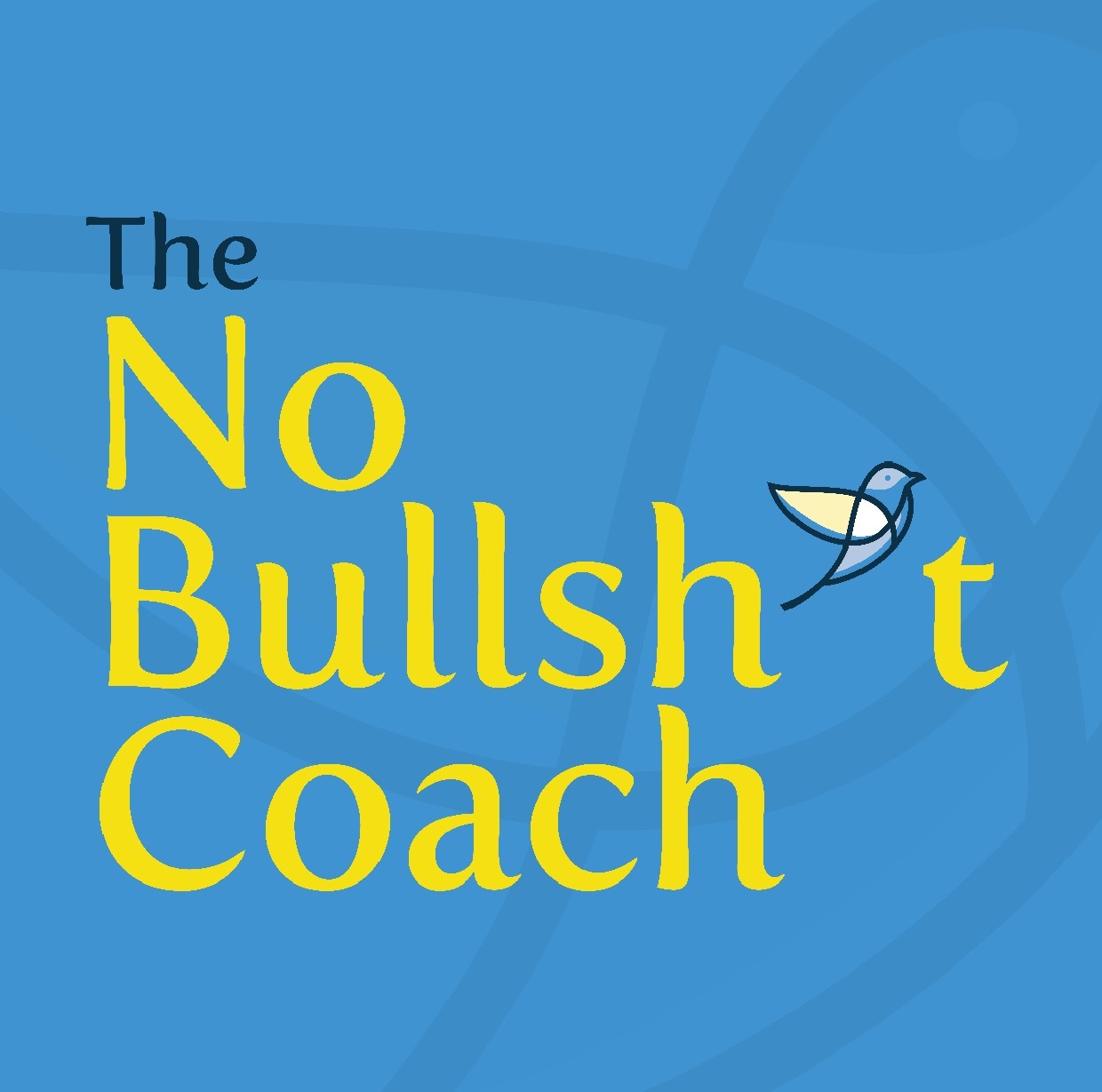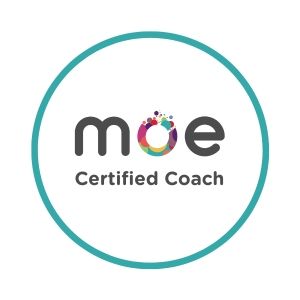Your basket is currently empty!
You have permission…

Many of the business owners I coach seek my permission for all kinds of activities and emotions. They may not realise that is what they are asking for, but my telling them that it is okay to do something or feel something is hugely reassuring to them.
I wish my permission was the answer, because if it was I would gladly and wholeheartedly give you all permission to:
- Feel an emotion, any emotion, to its fullest. There are bad actions (such as violence towards other people) but there are no bad emotions
- Take a break or rest whenever you need to
- Have an emotional outburst when something unpleasant happens. Yes, we all want to be calm, well adjusted adults, but that doesn’t mean we should aim for zero emotional reactions!
- Do something that brings you joy
- Spend money on something that brings you joy
- Work in a way that helps you to be productive even if it is not the “traditional” way of working
- Love yourself
That last one is the big one really, because it allows space for all of the others.
Unfortunately though, my permission is not the answer. I can give it, but that simply means you will keep coming back to me for more. The answer is of course you giving yourself permission. Much harder, but much longer-lasting – and available to you every single day.
So why do we struggle to give ourselves permission to do the things we want to do?
It is because we are all carrying around a subconscious rule book, which was given to us at some point in childhood, and it controls our lives but is not usually visible to us. This makes it hard for us to change the rules as we are not all that clear on what they are.
The trick is to bring those rules into the daylight. Take some time to write down the rules that you grew up with – the ones that were stated explicitly and the ones that were implied. For example: “don’t talk with your mouth full” may have been stated but “people like us value hard work over happiness” may have been implied. All of those rules are informing our decisions as adults and are giving us guilt that we do not need.
Once you have written out your rule book and are clear on what it says, you can start to change the rules. You can decide which rules are serving you, and which you would like to amend. What are your rules? The ones you want to live by and the ones you want to pass on to your children? Write them down, keep them safe, talk about them, put them up in the house. Rules such as “we listen to our bodies and rest when we need to” or “in this household we value joy”.
What do you think will happen when you have consciously decided upon your own rules, that are meaningful to you? I suspect you will find that giving yourself permission to obey and follow those guidelines is far easier than it was to give yourself permission to defy the ancient rules of your childhood…
Let me know how you get on! If you would like some help to make sense of it all, please do book in for Headspace session, as it is certainly something that we can work on together.
Helen Calvert
March 2022


Leave a Reply